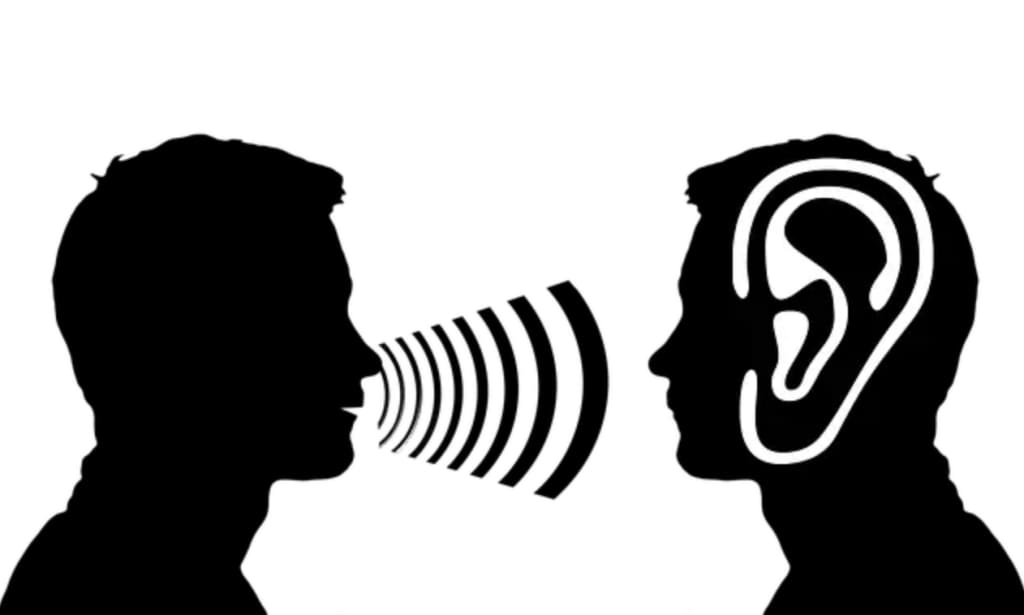The Importance of Perception to Learning and Teaching
It used to be that human perception was considered to be a fairly objective recording device.

Much like a camera lens, eyes were supposed to provide an image of the outside world as it exists – an objective, unbiased look. Recent research into how perception works has challenged that opinion, however. Studies now suggest that our senses can be influenced by a variety of factors such as context, emotions, and even expectations.
While this in itself can seem like simply an interesting detail, such a reintegration of perception has wide-reaching implications for both learning and teaching. What exactly these are is the topic of today’s blog post.
The camera lens vs the human eye
Like we mentioned above, senses were considered to essentially provide a reliable image of the outside world. These days, neuroscience and psychology have changed that view drastically. Researchers are now looking into the role of cognitive biases and filters in shaping our perception.
Instead, our senses seem to be so fallible and faulty to make one question how we manage to exist in this world at all. Take the McGurk effect, for example: This illusion can make you perceive the same sound in different ways, depending on what your eyes see. Yes, you read that right. Seeing can make you hear differently.
And that’s just the tip of the iceberg. If you want to read about more ways our senses fool us, this is an excellent article to start with.
And why is that?
Essentially, all of these issues come down to how our brains process information. Instead of recording the whole picture of the outside world, our sense organs (eyes, ears, nose, etc), all provide tiny clues, which in turn get broken down into even smaller chunks of information. The data then have to be sent to and reassembled by the brain to provide a coherent picture of reality.
But before your “reality” gets constructed, your brain already decides which details to enhance and which ones to ignore. So, even before your reality becomes conscious, certain aspects of the outside world have been edited to fit your existing understanding of how things are.
And how does this affect learning or teaching?
There is one other factor that impacts how you perceive the world that we haven’t mentioned yet. That is your existing knowledge and experience baggage. Essentially, your brain will try fairly hard to fit new information into an existing framework of values, beliefs, and knowledge. When possible, it will interpret new data in light of previously accepted assumptions.
To make things even more interesting (or complicated), it will also be easier to acquire new knowledge that is in line with your existing experiences and that can fit into your thought patterns more easily. Everything that challenges previously held beliefs will have a much harder time getting accepted. And this tendency only gets more acute as people age.
Conclusion
So, what exactly does this mean for teaching and/or learning? Essentially, whether you’re an autodidact or a professional teacher, it’s important to keep in mind the constructed nature of reality for both yourself and your students. What might be entirely obvious to you, can seem irrational to your students. Or the other way around. And acquiring irrational-seeming information into existing knowledge will come much harder than acquiring information that fits neatly into existing thought patterns.
Understanding this complex interplay between perception, cognition, and learning can help educators devise more effective teaching strategies. It can also guide learners to become more aware of their own cognitive biases and mental frameworks. This heightened awareness can aid in making the learning process more adaptive and responsive, ultimately facilitating a more nuanced and effective educational experience for all involved.
By delving into the intricacies of how our brains construct reality, both educators and learners can better equip themselves to navigate the challenging landscape of knowledge acquisition and personal growth. Recognizing the role of perception in learning isn't just a theoretical exercise; it has practical applications that can make the journey of education more fruitful and fulfilling for everyone.
About the Creator
Teacher Finder
We help people find language teachers online and in their city.






Comments
There are no comments for this story
Be the first to respond and start the conversation.